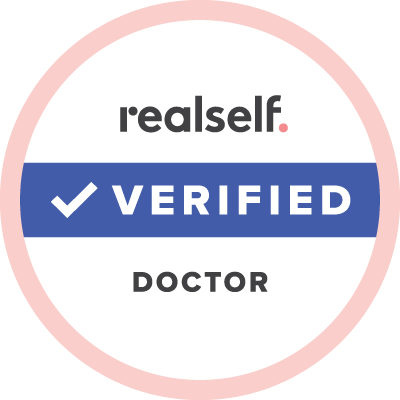Blog
What We Know About Breast Implant Illness
Posted November 28, 2023 in Breast ImplantsBreast implant illness (BII) has garnered a lot of interest as breast augmentation patients look for answers surrounding this curious group of symptoms. While patients’ symptoms are very real, BII is not formally recognized as a medical condition.
It’s important to be informed of the facts about these symptoms to help you understand what is true and what isn’t and to help you make critical decisions about your body. Below is the current information about BII to better educate you on this perplexing issue.

Common names for BII
Breast implant illness (BII), silicone incompatibility syndrome (SIS), and systemic symptoms associated with breast implants (SSBI) are all common names for the group of symptoms that may stem from breast implants.
Causes of BII
Researchers do not exactly know what causes breast implant illness. However, some researchers suspect that BII may be caused by an autoimmune/inflammatory response to the silicone in or on breast implants. Others suspect bacterial growth on the implant’s surface (biofilm) could create infection or inflammation. Common symptoms grouped within the category BII, SIS, and SSBI reported by patients include:
- Chronic fatigue and headaches
- Joint and muscle pain
- Respiratory difficulties
- Poor memory and concentration
- Depression, anxiety, and insomnia
The Connection Between BII and Breast Implants
There is no medical diagnosis associated with BII, and a link between the symptoms and breast implants is yet to be determined.
One of the difficulties with BII from a medical standpoint is there is no specific connection between breast implants and the symptoms some patients are experiencing. However, the symptoms that patients are experiencing are genuine but could also be caused by other health issues such as menopause, unhealthy diets, or other medical conditions. Therefore, more research is needed to determine if there is a connection and, if so, what it is.
En Bloc Implant Removal
For women who are experiencing symptoms that they believe are related to their implants, they have the option of removing them. Usually, some or all of the capsule is removed with the implants.
Some patients who believe they are affected by BII are discussing and requesting en bloc implant removals on social media. An en bloc removal is a technique of explantation or implant removal. It refers to removing the breast implant and the capsule (scar tissue that forms around an implant) as one unit, thus leaving the capsule intact. These requests are based on the belief that possible toxins or bacteria from the implants or capsule could still cause symptoms if the breast capsule is broken or left after explantation.
In light of patient requests for en-bloc capsulectomies, it is essential to note that en-bloc procedures are considerably more complex and carry higher risks for the patient. This procedure requires the removal of the capsule without breaking or tearing it. This results in a delicate methodology, as the capsule can be very thin (less than 1 mm) and easily tear. As the capsule must be carefully removed from the remaining tissue (ribs, muscle, or breast), these structures may become damaged, making recovery from an en bloc capsulectomy more difficult than a traditional explantation.
Due to the higher risk of the en bloc, this procedure is rarely recommended and only if there is a substantial medical need, such as the presence of a malignancy.
Medical Research on BII
Research on BII is still in the early stages, but based on the findings of the four papers published so far, there is no connection between a patient’s improvement from BII symptoms and the type of explantation they receive. Partial capsulectomy and total capsulectomy have attained the same result.
These findings highlight that women have experienced an improvement in their BII-related symptoms regardless of the technique of explant and capsulectomy, suggesting that possible toxins or bacteria in the capsule are unrelated to their symptoms.
Have More Questions About BII and Explantation in Scottsdale, AZ?
Dr. Robert J. Spies is board certified in plastic and reconstructive surgery of the breasts, body, and face. He values his patients’ health and happiness above all else. So, if you have questions about BII or have an issue with your breast implants, call us today at (480) 359-1019 or fill out our online contact form to schedule a consultation.


